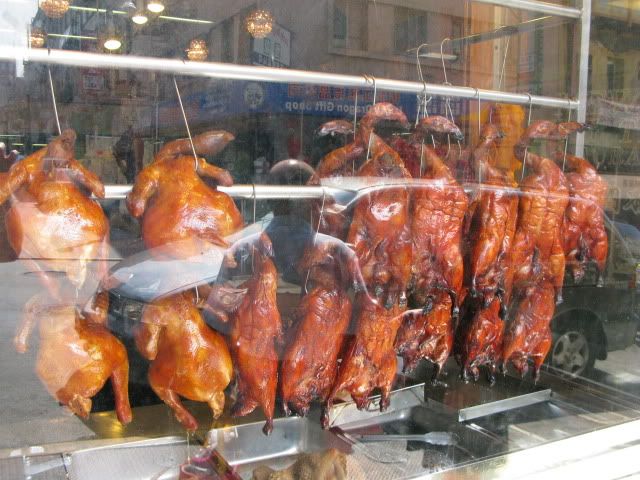 September 30, 2009
September 30, 2009There have been no new illnesses reported in Canada's most recent suspected Listeria monocytogenes outbreak, according to information received today from Robert Paterson, who works in Media Relations for the Public Health Agency of Canada ("PHAC").
On September 21, PHAC advised Canadians that six cases of listeriosis – all caused by the same "relatively common" strain – were being investigated by federal and provincial government agencies. One of the reported victims had died.
The PHAC report left several questions unanswered, so we contacted the agency on September 24th, and posed our questions to Mr. Paterson. Here is what we learned from him today.
- The Listeria monocytogenes recovered from all six cases of illness share the same genetic fingerprint.
- The Listeria monocytogenes strain recovered from the six victims is different from the strain that was responsible for Canada's 2008 outbreak, and also differs from the strain that triggered Maple Leaf Food's August 2009 recall of hot dogs and wieners.
- The six cases do not appear to be linked in any way, except that the same strain of Listeria monocytogenes was recovered from all six victims.
- No other cases of listeriosis caused by this strain have been reported since September 21st.
- PHAC declined to identify which provinces reported these six cases – or even how many provinces were involved – because no linkage has been established and no outbreak has been declared.
This evening, several hours after we spoke with Mr. Paterson, PHAC posted a short statement advising that their investigation of this "illness cluster" had closed.
The bottom line is that this was a simple coincidence. It's not unheard of for a common strain of pathogen to turn up in different locations within a relatively short period of time. It's happened before. It will happen again.
At least someone at PHAC is keeping his or her eyes open.


















